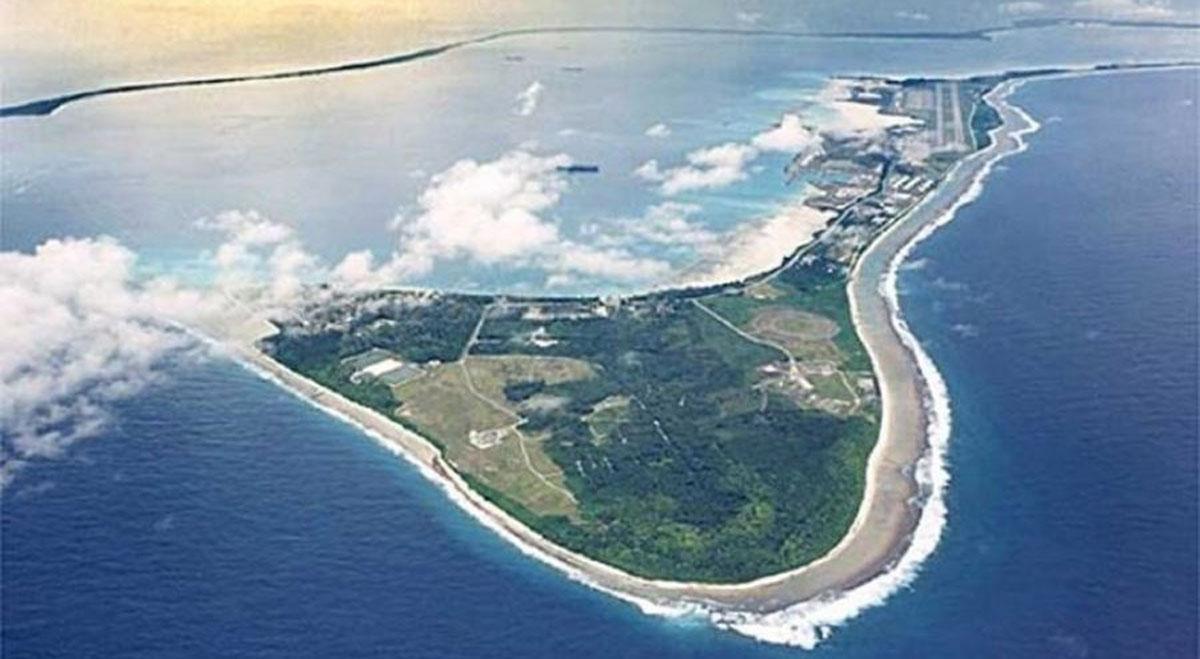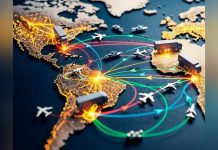Africa-Press – Mauritius. The G20 groups some 75% of world trade and more than 80% of world GDP and the accession of India and PM Modi to its rotating presidency may not be a game-changer but it is certainly a symbolic event of some magnitude on the world stage.
The more so for a country that came out only 75 years ago of the shackles and shambles left over by British colonisation and the partition with such atrocious human costs.
Pakistan inherited the British civil and military infrastructures and the fertility of Punjab, blessed with the mighty Indus River system while its eastern region, with its plantation economy, was one of the leading producers of tea and jute in the world.
Both India and Pakistan, equally impoverished and at similar per caput GDPs, embarked on a nationalisation spree. By the end of the 1960s, Pakistan’s inherited infrastructure and its twin agricultural powerhouse drove economic growth to outperform India by a considerable margin, with the latter’s “hindu” rate of growth becoming derisively coined.
The shocks endured by China’s aggression in 1962 to Nehru’s non-alignment, or the fact that the Anglo-Saxon West camped openly on the side of Pakistan’s military dictatorship against Indira Gandhi in the Bengal liberation movement, and Indian establishment having to go to the IMF for its first conditional bailout to weather a massive balance of payment crisis, may all have pushed India finally to scuttle in 1991 its bureaucratic Soviet-style economic development strategies.
With time and further reforms, India became the second fastest-growing major economy till 2015, and since then is the fastest-growing major economy in the world, overtaking today the UK’s economy in the global pecking order, a remarkable feat in its own right.
While political differences between parties and ideological debates will continue to run their course, the Indian PM Modi was lucid and statesmanlike in paying tribute to that journey since independence: “All the governments and citizens in their own way have tried to take India forward together.
” he is quoted, dispelling the narrow-mindedness of those ruling regimes which brand political opponents as enemies of the state, their views as unpatriotic and dissent from official narratives having to be forcibly quelled.
We could benefit from such statesmanlike attitudes in our own local political discourse which might spare us the parochialism of some senior government spokespersons.
G20’s new challenges
Unleashing India’s inherent aptitudes for the digital age, its entrepreneurial spirit and the managerial skills nurtured by its network of IITs and IIMs, have upended and definitively confined to dusty history books the so-called “hindu” rate of growth.
PM Modi looks forward to preside over the G20 summit as the world faces new challenges, including lasting peace in East Europe, reducing military tensions linked to China’s assertions of pre-eminence, shared security and economic development around Asia, Africa and the Indo-Pacific and large-scale environmental and resource competition issues facing the planet.
At first sight that sounds like quite a formidable agenda on the G20 plate and for PM Modi’s turn at its wheel and we wish him a fruitful contribution and direction to that eminent assembly.
What we might be more concerned here with, beyond any feelings of pride felt by those Mauritians attached to their cultural roots and ancestry, is whether this inflection point, coupled with recent geopolitical shifts, namely Brexit, the dragged-out Ukraine conflict or resistance to Chinese diplomatic offensives in certain parts of the world by the Western powers, will herald some significant movements concerning security, naval bases and economic developments in the Indian Ocean zone.
The geopolitical realities in the Indian Ocean began shifting when the Anglo-Saxon powers (UK, USA, and Australia) recognised through the establishment of Quad including Japan that the Indian subcontinent, on the rise economically, had to be a vital partner for peace and security on the high seas of the Indian Ocean which controls strategic sea-lanes for economic activities around the world.
Regular joint naval exercises with individual Quad countries, and agreement for use and sharing of facilities and strategic information, as with France, a legitimate Indian Ocean power, have consolidated the India-West alliance in which all partners must have gone some way to recognise and accommodate each other’s expectations.
The highly professional Indian Foreign Service was fully aware of the issues surrounding both the vital necessity of keeping the US or UK/US base in Diego Garcia and our own consistently pressed demands over decades and legal actions towards recognition of our sovereignty over those islands illegally excised prior to independence and whose native populations were expelled and relocated in Mauritius.
For More News And Analysis About Mauritius Follow Africa-Press







